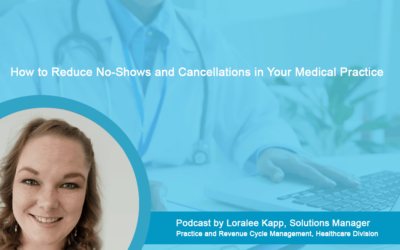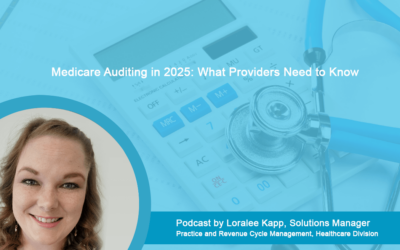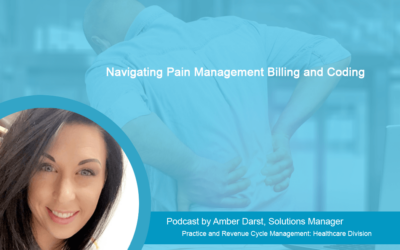A professional medical billing and coding company based in U.S., Outsource Strategies International (OSI) has extensive experience in billing, coding and claim submission for all medical specialties.
In today’s podcast, Meghann Drella, one of our Senior Solutions Managers, explains how to code accurately for echocardiography services.
Read Transcript
Hello and welcome to our podcast series.
My name is Meghann Drella and I’m a Senior Solutions Manager here at Outsource Strategies International (OSI). Today we’ll be discussing how to code accurately for echocardiography services.
Echocardiography or electrocardiogram or the ECG test is an effective diagnostic tool that uses ultrasound for the initial evaluation of many cardiac signs and symptoms. ECG provides an excellent view of the cardiovascular system. It provides speedy clinically relevant data cost-effectively and with least stress to the patient. Echocardiography can be completed more quickly than other imaging techniques. When it comes to reporting echocardiography procedures, coding accurately is critical.
The electrocardiogram can show cardiac structure, function and morphology of cardiac valves, coronary artery disease, heart muscle disease, and the presence of a blood clot. In patients already having cardiac disease, ECG is used to assess severity, evaluate the results of medical and surgical interventions, and guide procedures. It is also used in the evaluation of patients with electrolyte abnormalities, drug toxicities, and implanted defibrillators. Echocardiography is also an important tool to diagnose congenital and acquired heart problems in infants and children.
The American Society of Echocardiography (ASE) and the American Medical Association (AMA) continually review the Current Procedural Terminology (CPT) and revise and add new codes. To ensure appropriate reimbursement for ECG procedures and visits, practitioners need to stay up-to-date with the changes and submit accurate codes, modifiers, and claims for services rendered. Please refer to the attached article to see a list of updated 2019 codes for echocardiogram.
Whatever the ultrasound equipment used, the physician should choose the code that correctly describes the echocardiography exam performed and the corresponding reason for the study. The services rendered must be documented in the patient’s record.
When it comes to coding echocardiography, there is often confusion about codes 93306 vs. 93308. The distinction between these codes can be understood by carefully reviewing the descriptors.
Code 93306 describes a complete transthoracic echo with Doppler and color flow.
According to CPT guidelines, “a complete transthoracic echocardiogram requires 2-dimensional and, when performed, selected M-mode examination of the left and right atria, left and right ventricles, the aortic, mitral and tricuspid valves, the pericardium and adjacent portions of the aorta. (Note that while M-mode exam is usually performed, it is not required in order to assign a complete echo code).
CPT code 93308 represents a limited or follow-up study: 93308 does not evaluate (or document the attempt to evaluate) all the structures that comprise the complete echocardiographic exam, as outlined in the CPT criteria above. A limited study is typically confined to, or performed in follow-up of, a focused clinical concern.
I hope this helps, but always remember that documentation as well as a thorough knowledge of payer regulations and guidelines is critical to ensure accurate reimbursement for the procedures performed.
Thank you for joining me and stay tuned for my next podcast!



